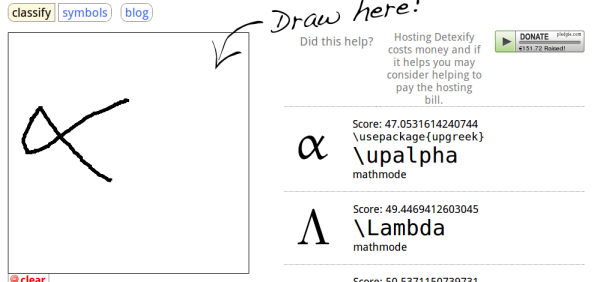Looks like the Connotea team is on the right track. Instead of trying to bolt something to insert references into word, they are trying to go straight to wave.
We have blogged before about what a good integration between references and writing tools should look like, and quite honestly, Igor looks like it’s really getting it in terms of agility. You can specify a few terms and it disambiguates that into the reference you need. Looks smarter than the approach that endnote/bibTeX/zotero/Mendeley use. It only works for the online reference managers citeUlike and Connotea, though.
I’m not sure the references are portable, i.e., if I copy/paste a chunk of text with references, they come along to wherever I paste it to (it must be another wave, in this case). Endnote/bibTeX get this right, although they depend on a local file that you would have to send along.
As things stand, I think wave has a very good chance of becoming _the_ platform for collaborative scientific writing. You may have to convince your collaborators to try it (and some must have been put off by Google Docs, which is clearly not ready for science), but it could be very motivating to see their writing grow next to yours in real time.
Since wave is a lot more open than Google Docs it would not surprise me to see robots coming up to mend the deficiencies that make Docs unfit for papers: no tables, crossrefs, footnotes, equations, etc. Wave gives you versioning for free, which was another pain point of scientific collaboration.
from on .

